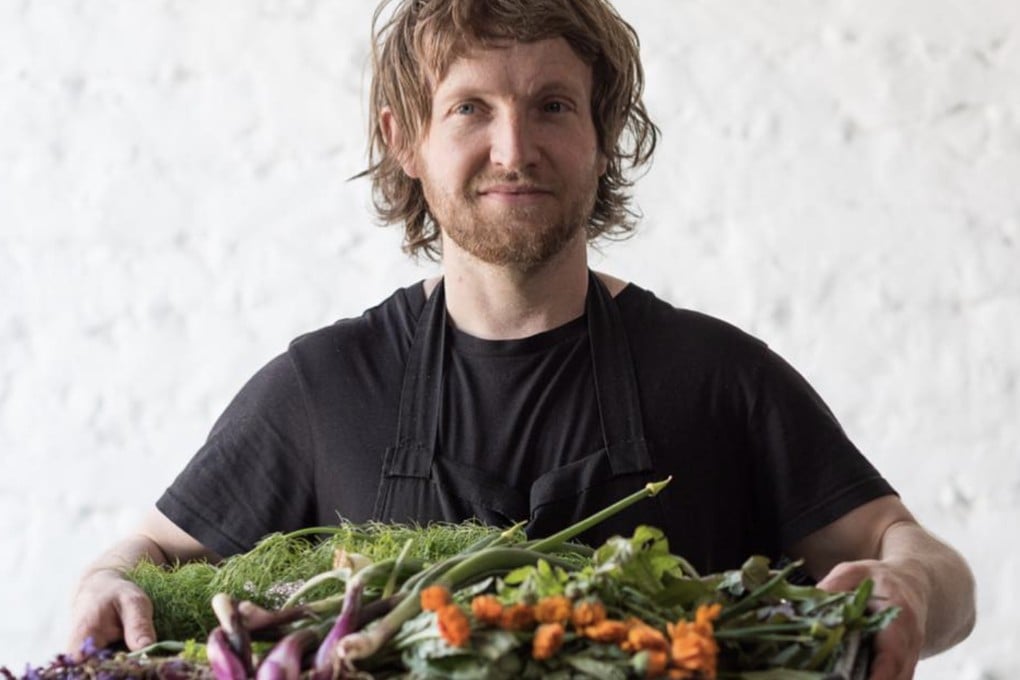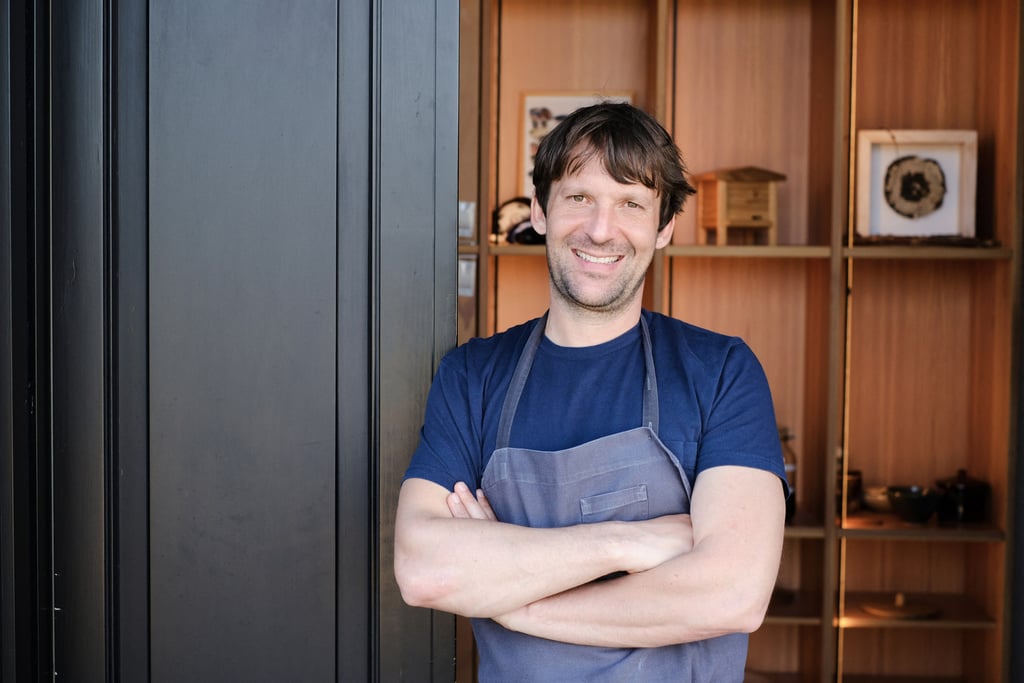Chef-owner of world’s first fully sustainable restaurant on how going zero-waste is ‘the right thing to do’, and the stress of not using rubbish bins
- After accidentally getting into zero-waste kitchen practices, Douglas McMaster opened Silo to combat the ‘indirect’ food system that produces unnecessary waste
- He operates without bins, which is stressful, but he’s sure that it’s ‘going to be the future’, as climate change concerns cause more chefs follow suit

Douglas McMaster became one of the world’s leading authorities on closed-loop, zero-waste kitchens almost accidentally.
“I’ve piggybacked onto a vision which has defined my life; it defines what Silo is and why Silo is,” he continued, referencing his London restaurant, which is widely credited as the world’s first fully sustainable one. “It’s not born out of love of cooking or sustainability; I just didn’t do very well in school.”

All were restaurants that took sustainability issues seriously, but it wasn’t until he was cooking in Sydney, Australia, in 2011, that he became truly inspired to pursue zero-waste, after stumbling upon an exhibit by interdisciplinary artist Joost Bakker – who at the time was constructing buildings that could grow food.